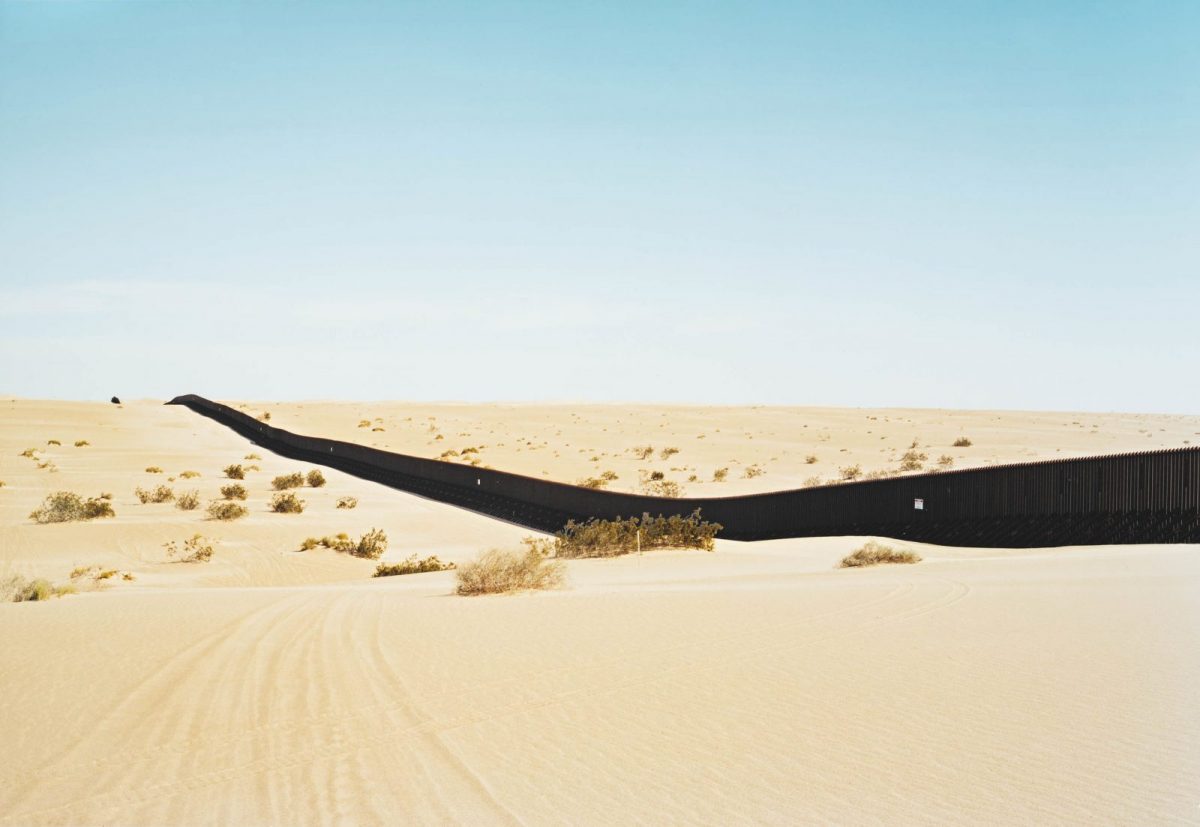WSOA Announces 2020 Climate Justice Faculty Grants
Woodbury School of Architecture is proud to announce the recipients of 2020 Climate Justice faculty grants as part of the Year of Climate Justice.
Faculty were invited to submit proposals for the courses that prioritize the long-term health of all our communities and combat the systemic racism embodied in our built environments. Proposals ranged from design studios focused on housing, COVID-19 and the commodification of shade, a seminar examining the intersection of race, space, place and environmental justice in Los Angeles, and rethinking a core professional practice course to ‘decolonize’ architecture and question existing power structures.
As Dean Ingalill Wahlroos-Ritter notes, “I want to congratulate all of the faculty who responded to the call this year with thoughtful and transformative course proposals. These faculty also contributed to our lecture series this year which brings together a superb line-up of designers and thought-leaders. These grants recognize efforts of our faculty to bring issues of climate change and social justice into our classrooms in response both to our Climate Justice call, as well as to the urgent request by our students to see diversity and representation extend to our curricula.”

Ewan Branda, PhD – ‘The Commodification of Shade’
As Sam Bloch has recently pointed out, shade is a scare resource that is allocated to the privileged. Today, the commodification and distribution of that resource is all the more problematic given the sudden value acquired by the “outdoors” as the only healthful environment in which social life might continue to exist. This capstone studio asks students to consider the new value accorded to the outdoors, and therefore to shade, in the context of schools and buildings for education in underserved and underrepresented communities. Our primary method for exploring this question will be new techniques of artificial intelligence.
Megan Groth – ‘Professional Practice 3: Future Practice’
The grant will be used to research and develop the idea of ‘decolonizing architecture’ as it pertains to professional practice so that it can be presented to students as the intellectual backbone of the course. To ‘decolonize’ is to fundamentally reframe teaching and understanding professional practice by questioning existing power structures that are taught in schools of architecture and that are engaged in through architecture practice.
Paulette Singley, PhD, Louis Molina, Joshua Stein – House & Housing: Constructing Common Ground
Moving from the scale of a small nest, to a single dwelling unit, to a community of homes, this studio will explore the means in which the commons, an historically redolent concept of community, may activate both the social and climatological space of housing. As much of a space as a unifying concept, the commons describes both the spaces and ideas we hold in common. How might we reconstruct the commons in an era of climate injustice and economic disparity? How can architecture engage the zeitgeist of the moment?
Paulette Singley, PhD – Place, Space and Race in Los Angeles
This course examines the intersection of race, space, place and environmental justice in Los Angeles. It explores the critical role race places in this city, particularly in the construction of monuments, memory, and cognitive mapping. Topics include, segregation, ghettoization, environmental health, heat islands, slums, urban renewal, public art, the architecture of race, media and violence, and more. This course will look at the intersections among urban toxicity as it applies to architecture, urban design, the arts, placemaking, popular culture, and a landscape of resistance. Students will be asked to produce a series of creative explorations of Race-in-Place that they will submit as a final dossier.
Berenika Boberska – Swamps, sumps and the forests of Torrance
This topic studio focuses on the idea of marginal environments as disruptors of the status quo in cities – as places of refuge (of marginalized people, excluded ideas), and of experimentation – propositions of new models of societies and their spaces. The studio will explore how architecture can become a device, a spatial armature for such environments and uses. We will also look at the history of marginal environments and those who have occupied them, the collective imaginary of “dangerous” landscapes such as forest and swamps, the contemporary idea of the environmental Commons and new urban natures.
Carmelia Chiang – Open n’ Fill
Open ‘n Fill is an experimental design studio that generates ideas for immediate response to current problems including At & Post Covid-19, Climate Change and Housing. This studio will investigate how architects can provides visions for: opening up existing structures and implementing new spatial configuration to address health issues; sustainable communities / cities with urban infill; and retrofitting existing buildings with addition of housing units. Students are to provide responsive and sustaining design proposals to address known failures for iconic buildings of Los Angeles, while exploring and examining various spatial relationship of infilling in architecture.